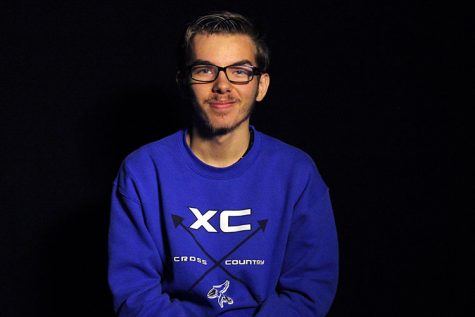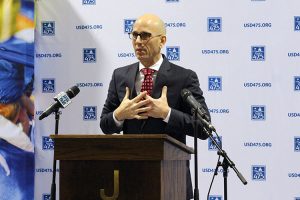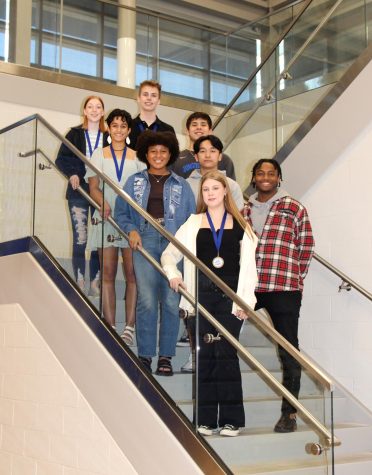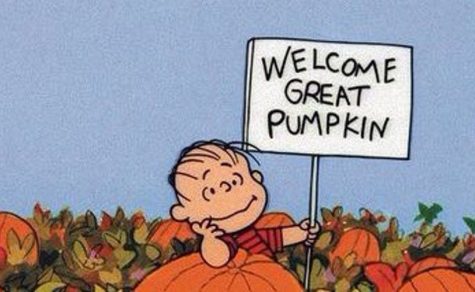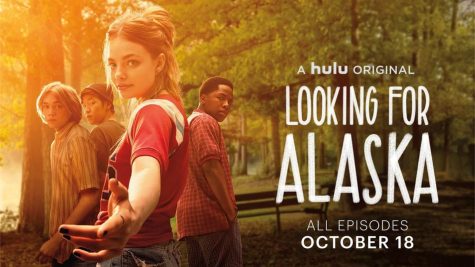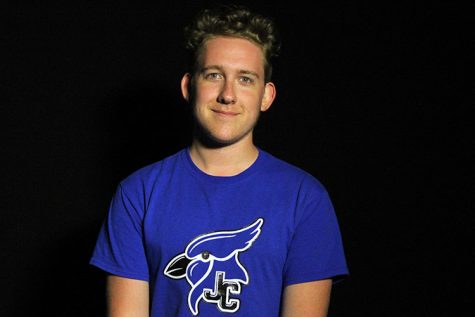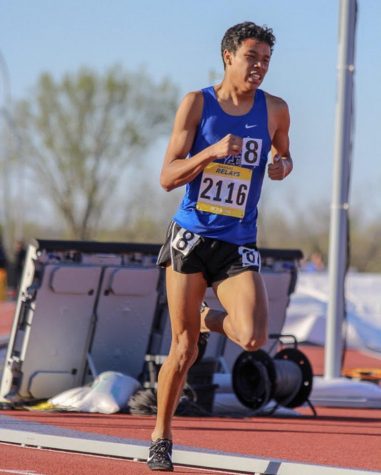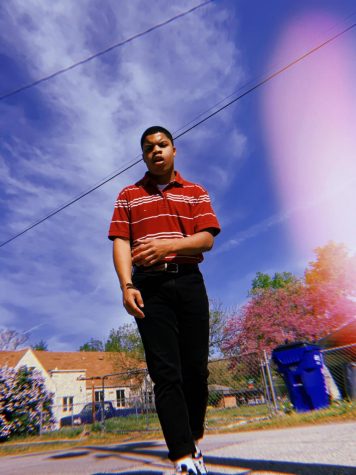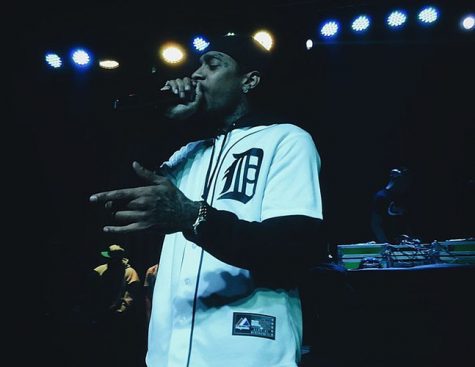Nike’s Colin Kaepernick Controversy
Believe in something. Even if it means sacrificing everything. #JustDoIt pic.twitter.com/x5TnU7Z51i
— Colin Kaepernick ("Kaepernick7) September 5, 2018
September 7, 2018
Nike’s new commercial with Colin Kaepernick has been a very controversial topic recently due to Kaepernick’s protest starting in 2016, which included kneeling during the national anthem. Kaepernick’s protest is about the oppression towards people of color and minorities, and also the increases in police brutality with no repercussions towards those who have committed murder and are unjust.
“I am not going to stand up to show pride in a flag for a country that oppresses black people and people of color,” Kaepernick stated officially. People saw this from Kaepernick and believed that kneeling during the national anthem was disrespectful towards our troops and those who have sacrificed their lives for our country. But that is not the case, as some U.S. veterans themselves have said that they support Colin’s opinion and his protest.

Kaepernick believes, just as I do, we should not stand for a national anthem that symbolizes freedom, equality, and liberty when such things aren’t equally given to people, and in this case to people of color and minorities. Kaepernick isn’t the only athlete to support this protest. Other athletes such as NBA’s Dwayne Wade, Lebron James, Chris Paul, Carmelo Anthony, and several WNBA players are also using their platform and status to raise awareness.
Kaepernick isn’t just the beginning, but he is the turning point in our modern day and age. After the Civil War, from 1861 to 1865, the 14th and 15th Amendments were added which granted those who were once slave’s freedom and the right to vote, but during the reconstruction, the Jim Crow laws were adopted in the southern states. The Eisenhower administration wanted to show commitment to the civil rights movement and minimize racial tensions in the south, which pressured Congress to pass new civil rights legislation. These laws weren’t enforced in northern states, and people of color still experienced discrimination at their jobs, when they tried to buy a house, or when they tried to get an education.
To make matters worse in some states laws were passed to limit voting rights for people of color. Essentially the laws made it impossible for people of color to use the same facilities as whites, live in the same towns, or go to the same schools, interracial marriage was illegal, and they were unable to vote unless they passed a voter literacy test. The voter literacy tests required in the southern states were virtually impossible to pass because such tests were intentionally misleading and confusing.
I feel that Colin Kaepernick is an example like those involved in Little Rock Nine. The civil rights protest gained momentum when the U.S. Supreme Court made segregation illegal in public schools in the case Brown v. Board of Education. This case brought attention to the issue from this the Civil Rights Act of 1957 that was signed by Eisenhower. This resulted in a high school in Little Rock, Arkansas asking for volunteers from all-black high schools to attend the once formerly segregated school.
On September 3, 1957, nine black students, who are known as the Little Rock Nine, arrived to begin classes but were surprised by the Arkansas National Guard, and a screaming mob. The students tried again a couple weeks later but had to be escorted out due to rising threats of violence.
Soon president Dwight D. Eisenhower assigned a member of the National Guard to escort the nine students to and from classes, but those students still faced hate and continuous harassment. The efforts brought attention to the issue of segregation and begun protests on both sides of the issues.
Kaepernick I feel is a living embodiment of the Little Rock Nine because with a peaceful protest he has brought awareness to this thriving issue in our country, while also facing constant ridicule and hate.
Despite peaceful protests to promote civil rights, nothing seems to have changed. Other than a couple of words on a piece of paper in the form of civil rights legislation, people of color and other minorities still face discrimination. Similar events are still taking place just as they were from the 1950s to the 1990s. Police brutality has increased in the past few years, but it isn’t anything new.
In 1988 a song by notorious rap group N.W.A. titled “F*** Tha Police” began as a protest but turned violent very quickly. The riots in L.A. were a direct result of the Rodney King beating. This beating took place in Southern Los Angeles when Rodney King led police on a high-speed chase after already being on parole for robbery. After police stopped him he was kicked repeatedly and beaten with batons for 15 minutes. King suffered injuries such as skull fractures, broken bones, and teeth, but also permanent brain damage. King was charged with driving under the influence, but what happened to the officers who beat him? They were only charged with excessive use of force and were found not guilty by the jury.
Ice Cube, a former member of N.W.A., had an interview in 2015 where he stated nothing has changed since the Rodney King beating. It is truly upsetting and infuriating when someone such as Ice Cube who has experienced police brutality first-hand says that nothing has changed.
Many other songs have come out recently include “Blacker the Berry’ by Kendrick Lamar and “Formation” by Beyonce. These songs are focus more on modern cases of police brutality.
In Nike’s new commercial nothing is said directly about the protest. The commercial speaks for itself by providing metaphors within the words read by Colin Kaepernick. The visuals of the athletes featured in the commercial directly show their take on this national issue and what they are going to inspire the youth in this country to protest for.
Just as Shawne Merriman said “(Speaking about Nike’s commercial) …they drew the line in the sand and chose what side they’re on a long time ago. I respect that.”

